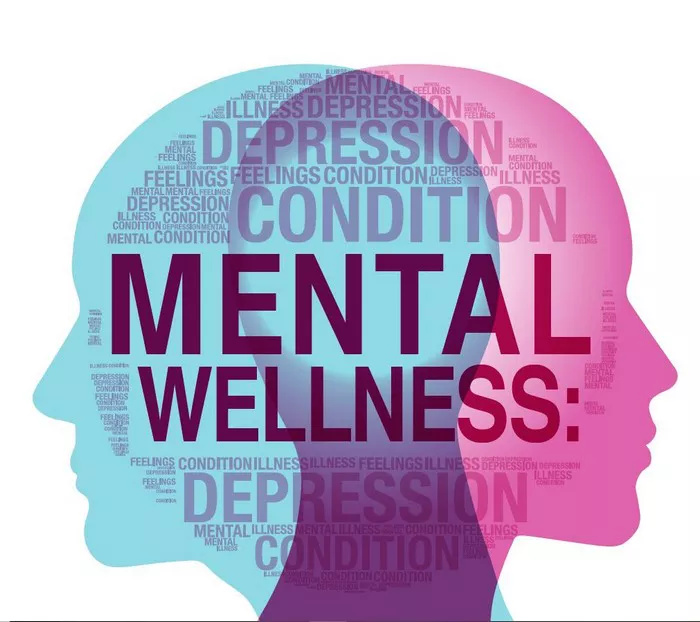FAQs
Can the body heal itself from depression?
Yes, the body can heal itself from depression through various means such as therapy, medication, lifestyle changes, and social support. While it may take time and effort, the brain can undergo neuroplasticity, allowing for recovery and the development of healthier mental patterns.
Can a person with depression have a normal life?
Yes, a person with depression can lead a normal life with proper treatment and support. Treatment options like therapy and medication can help manage symptoms, allowing individuals to function well in their daily lives, maintain relationships, pursue goals, and find enjoyment in activities.
Is it possible to be permanently depressed?
While depression can be a chronic condition for some individuals, it’s not necessarily permanent. With effective treatment and ongoing management strategies, many people can experience significant relief from depressive symptoms and lead fulfilling lives. However, it’s essential to seek professional help for accurate diagnosis and tailored treatment.
Related topics:
- Understanding the Nuances: Pathological vs. Compulsive Lying
- Is Histrionic Personality Disorder Real? Understanding, Diagnosis & Treatment
- Managing Anxiety Without Medication: A Comprehensive Guide


